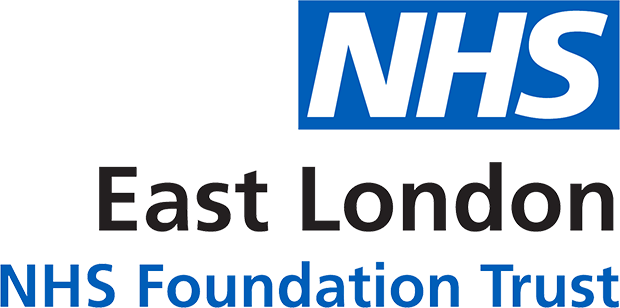EMBRACING CHANGE – Our journey towards improving patient experience at ELFT
East London NHS Foundation Trust prides itself for its commitment to continuously grow and evolve. Collaborative working with service users and carers, whose contribution to development of services is essential to helping achieve Trust’s goals. And here is an introduction to how we embraced the change and began a journey towards development of a new and innovative programme.
In 2014, as part of the Trust’s quality assurance activities, the Trust introduced Service User Led Standards as part of our Audit (SULSA) programme. This was ground-breaking at the time, and won awards for innovation. However, over the years, EFLT services have diversified a great deal which also meant that initially service-user developed and led standards were no longer as meaningful or stretching, and the project no longer received the same level of engagement across ELFT services. After reviewing the SULSA process and the outcomes it provided, the Trust has agreed to pause the programme, in order to develop a new and engaging system that would be more meaningful and aspirational.
Accreditation is a well-established form of external peer-reviews that has proved to be particularly effective in the education sector. In healthcare, on the other hand, this approach is not widely adopted. Our research provided us with evidence which suggested that accreditation programs for clinical services can help to raise the standards; it gives patients and carers confidence that the services they receive care from are safe; it provides assurance that services meet key standards.
The aim of this project is to develop and pilot a robust and comprehensive accreditation system with Service User defined standards that would facilitate a consistent quality marker of excellence. The Accreditation Scheme would focus on engaging staff, and empowering service users to actively engage in improving standards and quality of in-patient and community-based services across the Trust.
We envisage, that in doing so, this project would contribute towards the Trust’s strategic vision to lead on delivery of integrated care by collaboratively working with communities and partners and striving towards continuous improvement.


